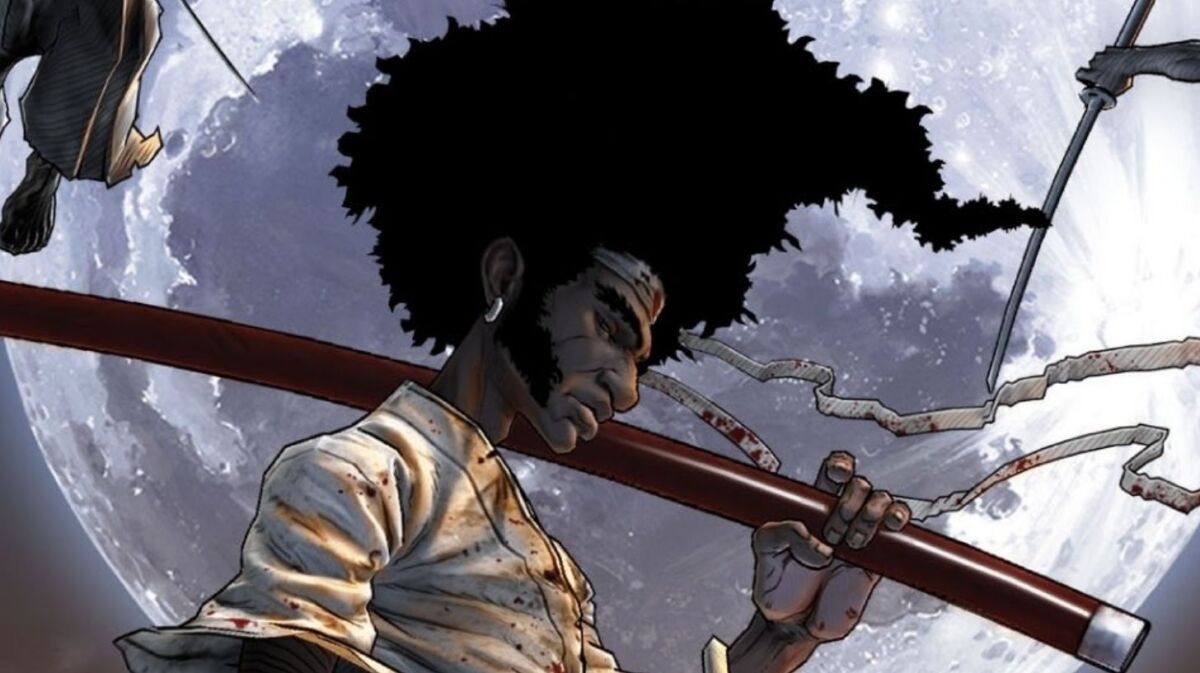We’ve already compiled a list of incredible and underrated PS3 games that you should try and add to you collection, but the great thing about being one of the most popular consoles of all-time is that there’s always more underappreciated bangers to spotlight. With that in mind, here’s our picks for 10 games that have been sadly forgotten that deserve to be remembered.
1. Wolfenstein (2009)
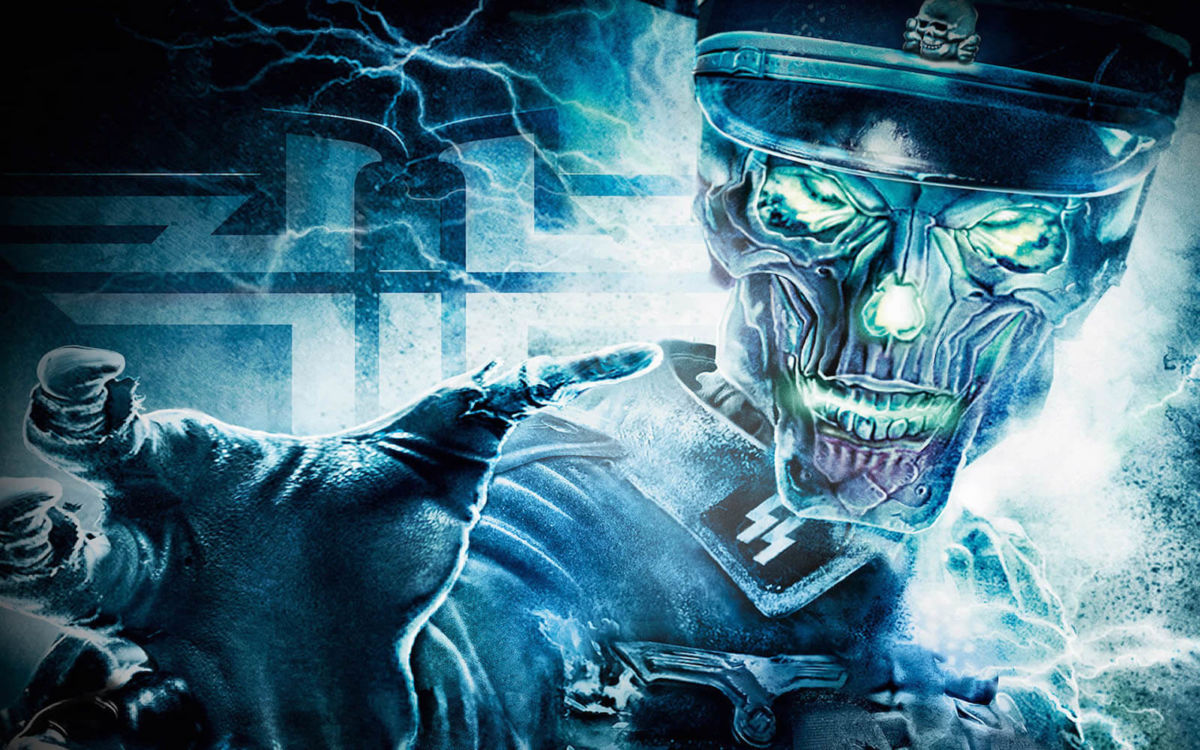
Developers: Raven Software
Publisher: Activision
It’s kind of strange to consider that a Wolfenstein game, a series that’s one of the long runnest and most recognisable in all of game, is sadly forgotten, but Raven Software’s turn at bat never made the same impact as other games in the series. Compare this to much larger success of MachineGames’ Wolfenstein games though and it’s almost night and day in terms of difference.
Is that because Wolfenstein (2009) is a much worse game than The New Order? Not really. Reviews at the time weren’t exactly glowing, but mediocre reviews haven’t stopped games from being successful in the past. Those who did pick up Wolfenstein found a game that embraced the more supernatural elements of the franchise with open arms, as series protagonist B.J. butchers Nazis across a German village being mined for powerful crystals.
If nothing else, players should try and seek Wolfenstein (2009) out to play if they were fans of The New Order and The New Colossus, largely because it gives players more context to the relationship between B.J. and Deathshead. We imagine there would have been quite a few people during The New Order’s brain extraction scene thinking “why is this wrinkled ballsack acting like he knows me?”
2. Majin and the Forsaken Kingdom
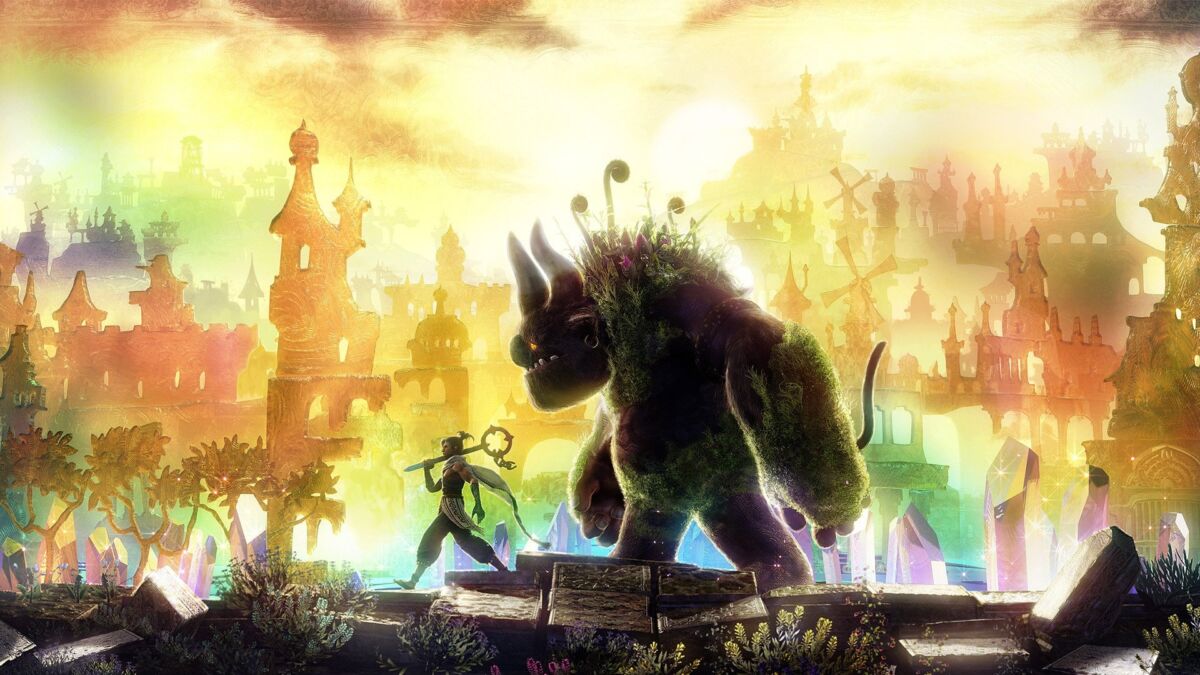
Developer: Game Republic
Publisher: Namco Bandai Games
What games like Majin and the Forsaken Kingdom remind us of is that there isn’t enough whimsy in the world of gaming. Yes, charm still abounds if you look in the right places, but the mainstream market is often dominated by violence, chaos and even hard-hitting misery. What’s wrong with games having a little wide-eyed wonder or childlike innocence? Majin and the Forsaken Kingdom had enough sweetness and charm for an entire industry.
What 2010’s hugely underrated action-adventure puzzler demonstrated was that the medium could still enthrall and captivate without constantly reverting back to violence in the age of the multiplayer FPS. The story of a young thief who finds a powerful, mythical creature in order to rescue his homeland from the dread of a mysterious force known as the “Darkness” feels like it wouldn’t be out of place in a Pixar movie.
As is often the case in the cruel modern world, sweetness and light often lose out to cynicism and loud explosions. Strong reviews couldn’t save Majin from relative obscurity, a real shame considering its evident quality. It might have evaded mainstream attention, but the spirit of Game Republic’s charming odyssey lives on in charming tales such as Ori and the Blind Forest and The Last Guardian.
A worthwhile legacy after all, then.
3. Dead To Rights: Retribution
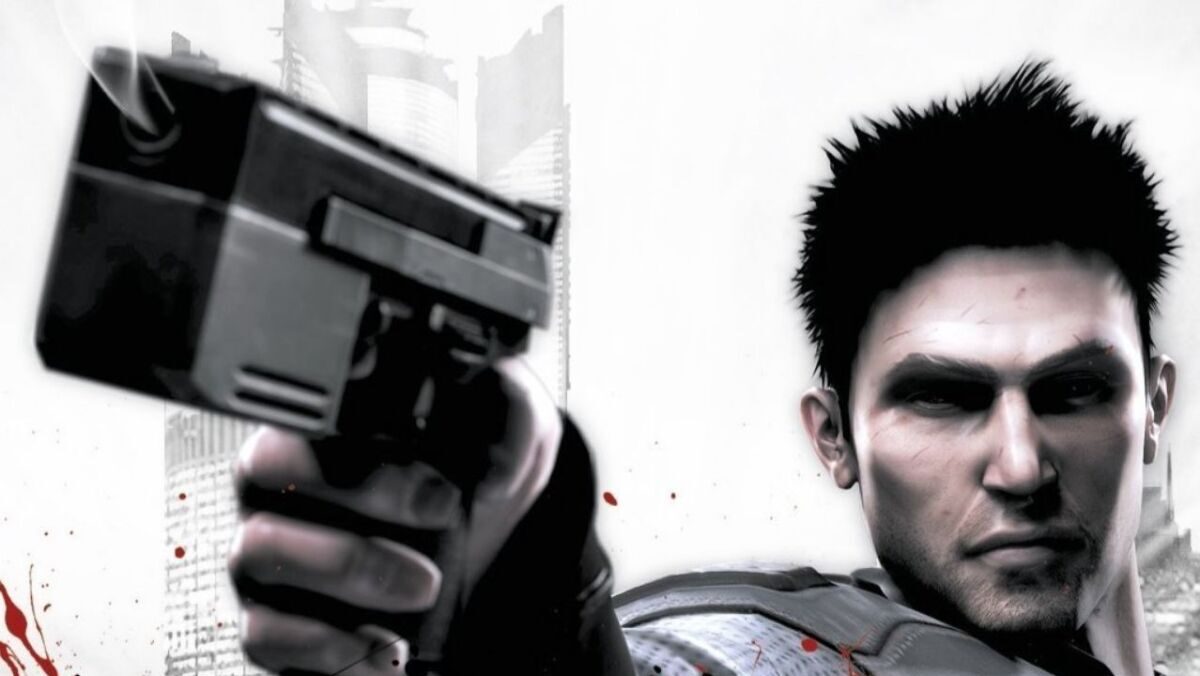
Developer: Volatile Games
Publisher: Namco Bandai
Are we going to sit here and pretend that Dead To Rights: Retribution is some high art masterpiece of the PS3? No, of course not. The DTR games have always been like a guilty pleasure junk food that you can’t help but gorge yourself on, despite the fact that you know there’s better options more readily available, and Retribution doesn’t do anything to dissuade that notion. Despite that though, Dead To Rights: Retribution is a simplistic yet competent shooter that serves as a great palate cleanser between some of the other PS3 games you can buy.
Set in the fictional Grant City, Retribution reboots the Dead To Rights franchise and sees Jack Slate seemingly transformed into a walking fridge with Dragon Ball Z levels of spiky hair. Joined by his trusty dog Shadow (who’s basically just a wolf, who are we kidding?), Jack shoots a bloody path through the City in an attempt to find his father’s killer, uncovering a plot of political intrigue and police corruption as he does. Again, it’s decent at best, but you can also play as a dog and kill people, so it’s also Game of the Year, every year.
Call of Duty: Ghosts? No.
4. Enslaved: Odyssey to the West
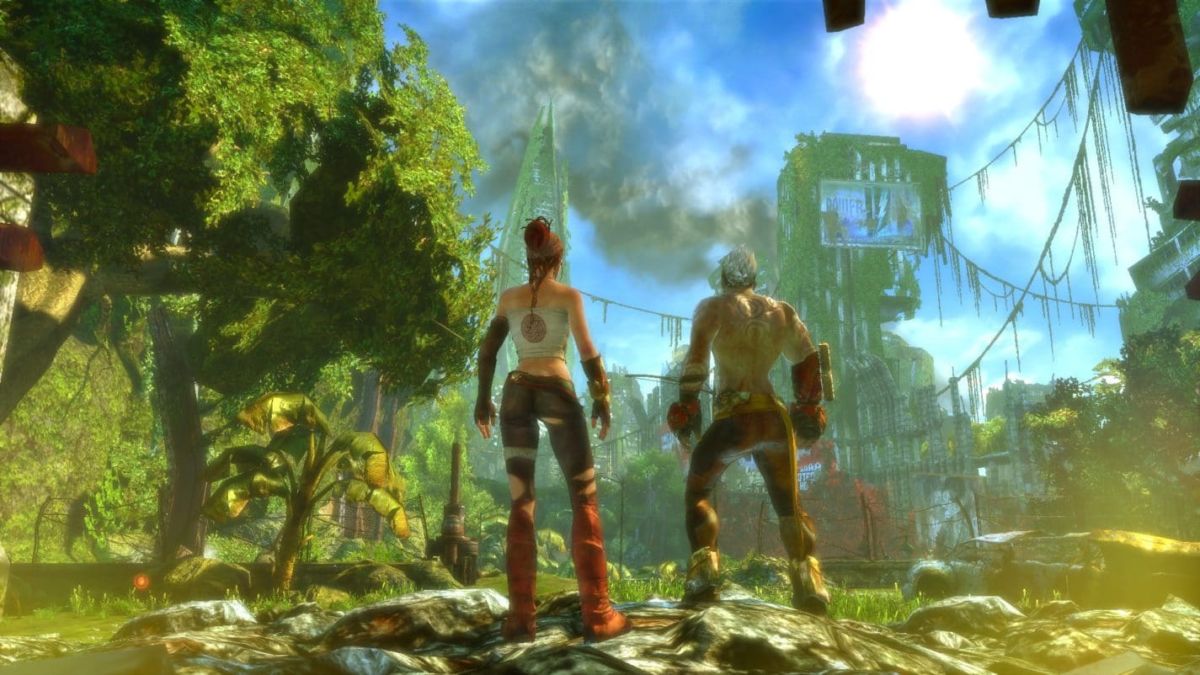
Developer: Ninja Theory
Publisher: Namco Bandai Games
Many of the most underrated PS3 games were simply just ahead of their time. A very loose interpretation of the 16th Century Chinese novel Journey to the West, 2009’s Enslaved follows protagonist Monkey as he escorts his companion Trip home after their ship crashes, navigating a hostile futuristic world in which wartime robots called “mechs” are still programmed to eradicate any surviving humans. Sounds familiar.
There are shades of Tomb Raider and Uncharted running through Enslaved, especially in the sequences in which Monkey is effortlessly traversing the ruins of an ancient city or trepidatiously crossing a chasm using a rusty drainpipe. What’s more notable is the influence Enslaved seems to have had on subsequent games, hardly a surprise considering the fact that it originally started its conceptual life as a CGI movie. Just Look at Kena: Bridge of Spirits or the Horizon games for an apparent creative debt.
Despite everything that it had going for it, Enslaved ended up a commercial failure. With developers Ninja Theory investing time and resources into new projects and later relinquishing the IP rights to the game, it seems unlikely that players will enjoy another Odyssey with Monkey and Trip.
5. Asura’s Wrath
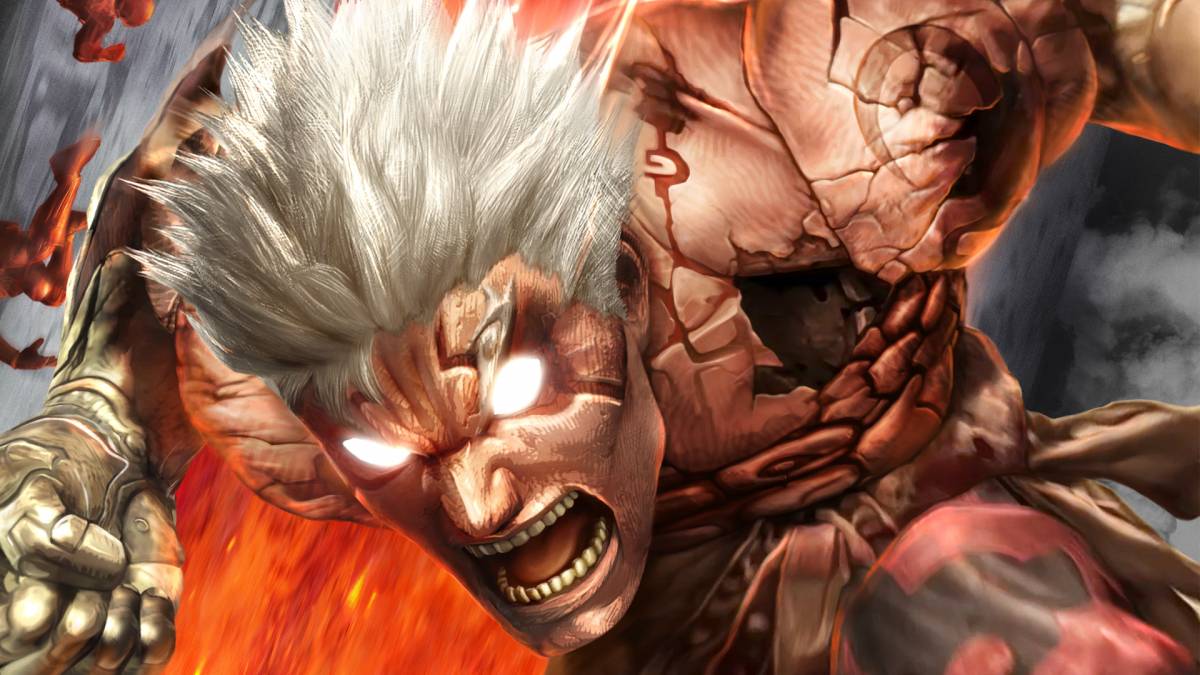
Developer: CyberConnect2
Publisher: Capcom
There have been many games over the years that have tried to go for the “interactive anime” aesthetic, but none have really stuck the landing quite like Capcom’s Asura’s Wrath. Sure, the game was rightly lambasted by everyone under the sun for locking its true ending behind DLC, and the gameplay is about as shallow and simplistic as it gets, but Asura’s Wrath is such a non-stop visual tour de force that it’s hard to not have your jaw agape half the time.
Taking elements of both Hindu and Buddhist mythologies, while blending them with plenty of sci-fi too, Asura’s Wrath follows the titular character, a Guardian General charged with protecting Gaea, as he’s betrayed and killed by his fellow Generals. Living up to the adage of being “literally too angry to die”, Asura is resurrected 12,000 years later, swearing revenge on all that has wronged him. Cue plenty of ridiculous, planet sized fights and lots of stunning cutscenes.
6. Knights Contract
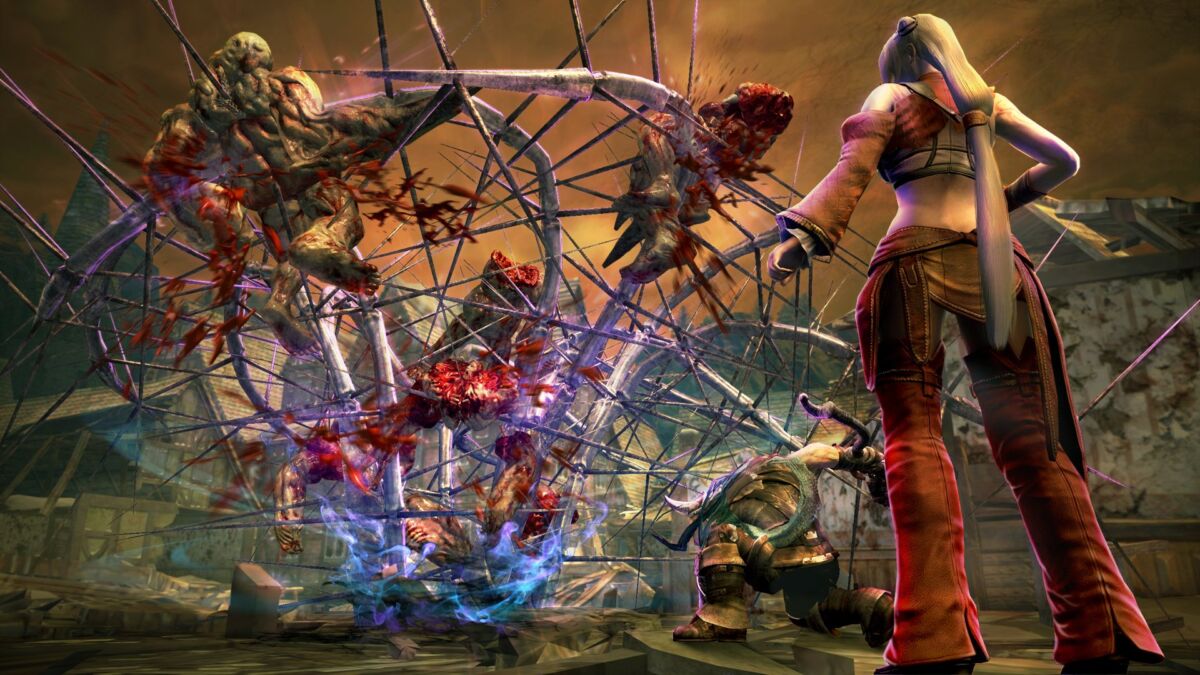
Developer: Game Republic
Publisher: Namco Bandai Games
Between Folklore and Majin And The Forsaken Kingdom, we’ve already spotlighted a lot of developer Game Republic’s work on our PS3 lists, but their final game, Knights Contract, isn’t quite as beloved as those two. Hell, Folklore wasn’t even beloved to be honest, but it still earned way better reviews than Knights Contract did, which was lambasted by critics when it launched in February of 2011.
Set in a fantasy version of Medieval Germany, you control the immortal knight Heinrich who has been tasked with escorting the witch Gretchen in an attempt to stop the evil Dr Faust. Interestingly, Heinrich can’t actually be killed, but Gretchen is absolutely weak to swords, arrows, maces and magic, so while you can just mash buttons to resurrect if you run out of health, you need to make sure Gretchen doesn’t get killed.
Sure, the gameplay might not be the most complicated ever made, and Gretchen’s AI can often cause a bunch of problems as you’re playing, but if you’re looking for a good story that explores a relationship between two powerful warriors, Knights Contract is worth checking out.
7. Afro Samurai
Developer: Bandai Namco
Publisher: Bandai Namco
Potentially one of the first anime shows that people watched because they heard Samuel L. Jackson played two of the leading roles, Afro Samurai is a bizarre curio of a series that’s gained a cult-like following over the years. After being released as a manga in the late 90s, Afro really exploded in popularity with the anime series in 2007, which in turn led to Bandai Namco commissioning a hack and slash game too. It’s certainly not a patch on Metal Gear Rising: Revengeance, but for a quick and dirty murderfest, Afro Samurai is great fun.
In a version of feudal Japan that blends history with technology, society is governed by the Number 1 and Number 2 headbands. Whoever holds the Number 1 headband will be “a god”, and can only be challenged to a duel by the Number 2 holder. Unfortunately for whoever holds the Number 2 headband, they can be challenged by anyone, with Afro Samurai having to take on all comers on the path to avenge his father’s death at the hands of the outlaw, Justice. While mostly a simple retelling, the Afro Samurai game tweaks elements of the story, especially the ending, to create a more interesting tale.
It’s a giant shame about that second game, though.
8. Rain

Developer: Acquire, Japan Studio
Publisher: Sony Computer Entertainment
It’s not surprising to know that a digital-only (outside of Japan anyway) PS3 game that only launched about a month before the PS4 launched would be lost in the shuffle, even if it was published by Sony themselves. Rain was an unfortunate victim of that timing, meaning it’s become one of the most forgotten PS3 games of all time, despite the fact that its aesthetic and gimmick are some of the most interesting on the whole console.
Set in a rainy city inspired by mid 20th century Paris, you control a young boy attempting to find a girl while the pair of you are being pursued by huge monsters. The twist with this game comes with the titular Rain, as both the characters and monsters are only visible when they’re being rained on like a Prime Minister announcing a General Election. This lack of visibility when you’re dry is used to solve puzzles and avoid combat encounters, as monsters can’t see you either.
The game’s central mechanic might not be to everyone’s taste, considering it relies on the player not being able to see their character for a good chunk of time, but Rain’s novel approach to gameplay and heartbreaking story make it well worth seeking out.
9. Sideway: New York
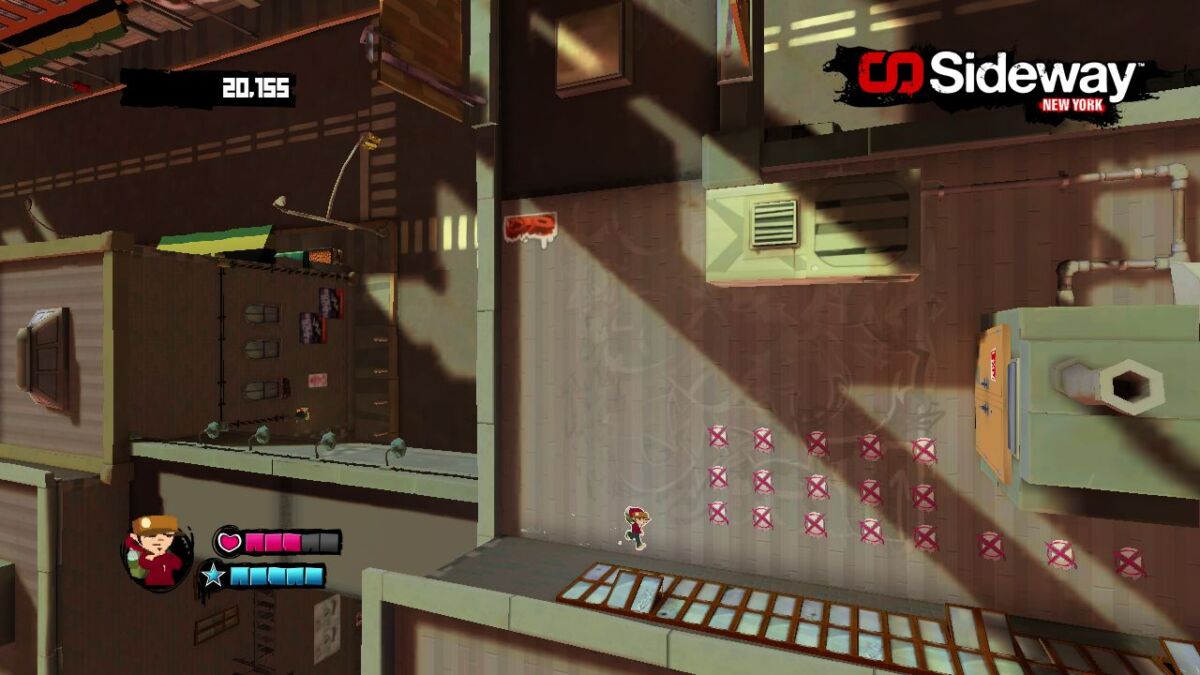
Developer: PlayBrains Inc, Fuel Entertainment
Publisher: PlayBrains Inc, Daybreak Game Company
It’s usually a pretty good sign that your game was unfairly underrated or overlooked when the ideas shown start appearing in games a few years after your game’s release. Sideway: New York earns that distinction by being a platformer that displays a lot of similarities to both The Pedestrian and certain 2D sections in Super Mario Odyssey (those sections where Mario enters a warp pipe and starts platforming on the side of a building), despite launching over five years earlier.
Based on the art and graffiti culture seen in the Big Apple, Sideway: New York follows Nox as they explore 2D levels set within a 3D space of New York’s city blocks. Along the way, you’ll solve puzzles, collect a host of new abilities and defeat a range of bosses. It’s your standard platforming fare, but again, with a premise and aesthetic years ahead of its time. Unfortunately, Sideway was delisted from PS3 storefronts, and the Steam version is considered to be the inferior version, so if you want to play Sideway on PS3, you might need to start try another (side) way, if you catch our drift.
10. Dante’s Inferno
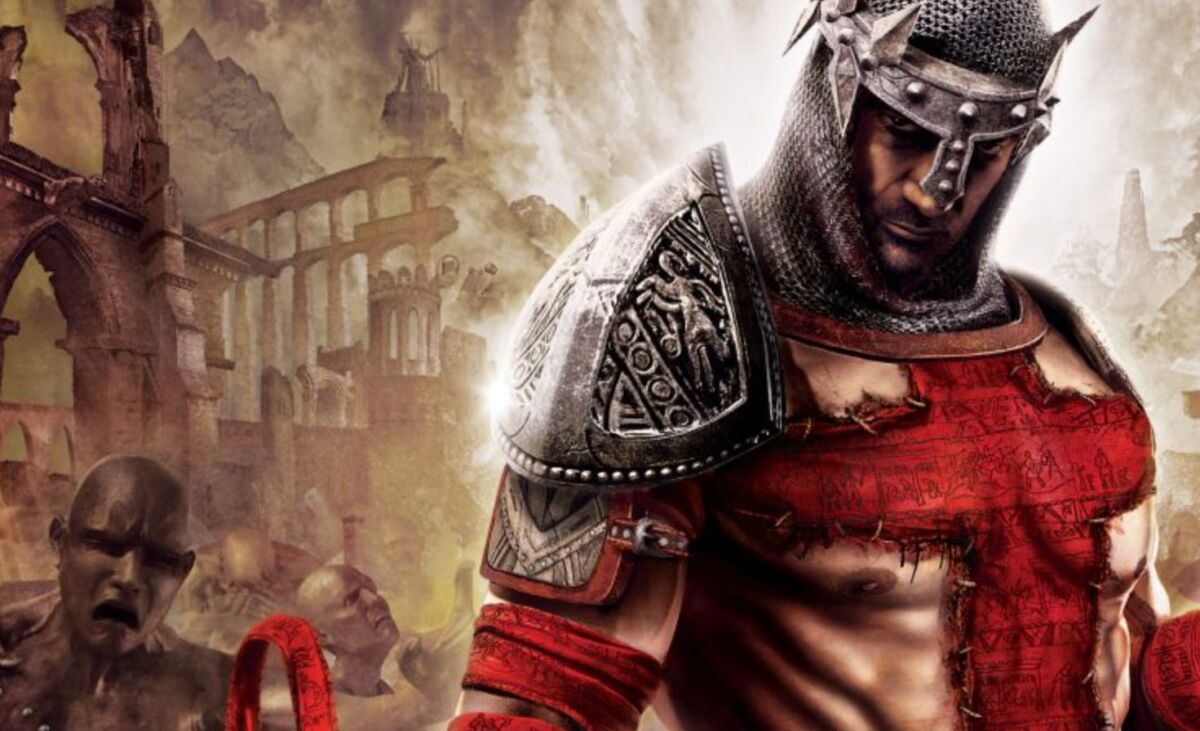
Developer: Visceral Games
Publisher: EA
As far as blatant rip-offs go, Dante’s Inferno is one of the best. Debt to God of War and Devil May Cry aside, Visceral Games’ own Biblical-inspired effort ironically ended as one of its generation’s most distinctive creations for its unrelentingly grim depiction of what will happen to all those misguided sinners who don’t eat their vegetables or put enough money in the church collection plate.
Focusing on crusader Dante’s quest to rescue his beloved Beatrice from the pits of the underworld, Dante’s Inferno is a classic hack and slasher in which the central protagonist pummels his way through the circles of Hell like The Punisher crossed with a very angry vicar.
It’s certainly a pretty unique experience. How many games can say that they’re based on the first chapter of Dante Alighieri’s 14th-century epic text the Divine Comedy? How many games ask you to fight Lucifer himself (distractingly naked from the waist down) in his goat-footed, giant-horned form? In fact, how many even dare to show the visceral horror of the nine circles of the underworld (Shadows of the Damned and Doom aside)? If nothing else, Dante’s Inferno deserves credit for being exceedingly ballsy, especially with regard to its superb boss designs and unrelenting commitment to its disturbing, unholy premise.
The thing about Dante’s Inferno is that it is just an inherently visceral experience. The undeniable truth is that Hell, while being exceedingly nasty, makes for a stunning backdrop, almost matching the Olympian vistas of the God of War franchise for sheer jaw-dropping scale, grim majesty and atmosphere of unerring terror. If ever there was a game to get you into a confession booth, it’s Dante’s Inferno.
Disturbing, intoxicating and violent, this is about as much fun as you can have in the crushing horror of eternal damnation — outside of the middle aisle of Aldi, of course.
Some of the coverage you find on Cultured Vultures contains affiliate links, which provide us with small commissions based on purchases made from visiting our site.
